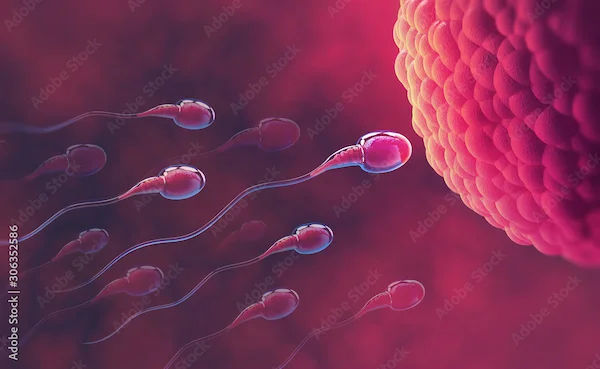Week-by-Week Guide to Foetal Development
Follow your baby’s growth with our week-by-week guide to foetal development, including key milestones and changes during pregnancy.

Written by Dr. Siri Nallapu
Reviewed by Dr. Dhankecha Mayank Dineshbhai MBBS
Last updated on 13th Jan, 2026

Introduction
The journey of pregnancy is a remarkable period of transformation, not just for you, but for the new life growing within. From a cluster of cells to a fully formed baby, the process of foetal development is an intricate and awe-inspiring marvel of nature. Understanding this process can help you feel more connected to your pregnancy and empower you with knowledge about what to expect. This comprehensive guide will walk you through the incredible stages of your baby's growth, week by week, explaining the key milestones, changes in your body, and what makes each phase unique. Whether you're in your first trimester or eagerly awaiting your due date, let's explore the miraculous development happening inside you.
The First Trimester: Weeks 1-13
The first trimester is a period of rapid and critical development. It begins on the first day of your last menstrual period, even before conception occurs. This is when all your baby’s major organs and body systems begin to form.
Weeks 1-4: Conception and Implantation
During week 1 and 2, your body is preparing for ovulation. Conception typically happens around week 3 when a sperm fertilises an egg, forming a single-celled zygote. This cell rapidly divides as it travels down the fallopian tube, becoming a blastocyst. By the end of week 4, this blastocyst implants itself into the wall of your uterus. The inner cells become the embryo, while the outer cells form the placenta, the lifeline that will nourish your baby. At this stage, the embryo is about the size of a poppy seed.
Weeks 5-8: The Embryonic Period
This is arguably the most crucial period of development. The embryo now resembles a tiny tadpole. The neural tube (which becomes the brain and spinal cord) is forming. By week 6, a faint foetal heartbeat can often be detected via vaginal ultrasound, beating at an incredible rate. Tiny buds that will become arms and legs appear. By week 8, all essential organs have begun to form; the brain, heart, lungs, liver, and intestinal tract are all in place, though immature. The embryo is now about the size of a raspberry and is officially called a foetus.
Weeks 9-13: Looking More Like a Baby
The tail has disappeared, and the foetus is starting to look unmistakably human. The head is still large compared to the body, but the face is forming: eyes are moving closer together, eyelids are forming, and the ears are taking shape. Tiny toes and fingers are fully separated. The kidneys begin producing urine, and the genitals are developing, though it's too early to determine the sex on an ultrasound. By the end of the first trimester, your baby has graduated from an embryo to a foetus and is about the size of a plum.
Unique Insight: Many people think the placenta is fully formed early on, but it's actually developing alongside the foetus throughout the first trimester and doesn't take over full hormone production from the corpus luteum until around week 10-12, which is why the risk of miscarriage decreases significantly after this point.
The Second Trimester: Weeks 14-27
Often called the "honeymoon period" of pregnancy, the second trimester brings renewed energy for many women. This phase is marked by tremendous growth and the development of more complex bodily functions.
Weeks 14-17: Rapid Growth and Movement
Your baby is now covered in a fine, downy hair called lanugo, which helps regulate body temperature. The skin is still very thin and translucent. Muscles are strengthening, and your baby is making active movements, including sucking, swallowing, and stretching. Around weeks 16 to 20, you will likely feel these movements for the first time, a sensation known as "quickening," which often feels like flutters or gas bubbles. The skeleton is changing from soft cartilage to bone.
Weeks 18-22: The Anatomy Scan
This is a big milestone. Around week 20, you'll likely have your detailed anatomy scan. The sonographer will measure your baby's parts, check the location of the placenta, assess amniotic fluid levels, and, if you wish, often determine the baby's sex. Your baby can now hear sounds, your heartbeat, your voice, and digestive gurgles. Talking or singing to your bump is a wonderful way to bond. Vernix caseosa, a white, creamy protective layer, begins to cover the skin to protect it from the long exposure to amniotic fluid.
Weeks 23-27: Viability and Sensory Development
By week 24, a baby reaches what is known as the "age of viability." This means that with advanced medical care, a baby born this early has a chance of survival outside the womb. The brain is developing rapidly, and taste buds are forming. Your baby's unique fingerprints and footprints are also developing in these weeks. The eyes begin to open, and they can perceive light filtering through your abdomen. By the end of the second trimester, your baby looks like a miniature newborn, about the size of a cauliflower.
Consult an Obstetrician and Gynaecologist for the best advice
The Third Trimester: Weeks 28-40
The final stretch! The third trimester is all about putting on weight, maturing organs, and preparing for life outside the womb.
Weeks 28-32: Putting on Weight
Your baby is rapidly gaining fat, which will help with temperature regulation after birth. Those adorable kicks and jabs will feel stronger and more defined, though they may change as space gets tighter. The brain is developing billions of neurons and is capable of controlling primitive breathing and body temperature. The lungs are still maturing but are producing surfactant, a substance that helps the air sacs inflate easily. Babies often settle into a head-down position in preparation for birth during this time.
Weeks 33-36: Final Preparations
The lanugo starts to disappear, and the vernix coating gets thicker. The bones of the skull are soft and not yet fused together to allow for an easier passage through the birth canal; this is why some newborns have a slightly cone-shaped head. The lungs are nearly fully mature. Most of your baby's physical development is complete; the remaining weeks are dedicated to gaining weight. Your baby is now practising breathing movements, blinking, and sucking.
Weeks 37-40: Full Term and Ready to Meet You
At week 37, your baby is considered "early term," and at 39 weeks, "full term." This means the lungs are mature and ready for their first breath. The brain is continuing to develop and will continue to do so after birth. The baby is primarily sleeping and gaining about half a pound per week. The final few weeks are about waiting for the hormonal signals that will start labour. Any day now, you'll get to meet the little person you've been growing and nurturing for nine amazing months.
Conclusion
The journey of foetal development is a meticulously orchestrated process, a true miracle of life unfolding over approximately 40 weeks. From a single cell to a complex, squirming newborn ready to greet the world, each week brings new milestones and wonders. Tracking this development week by week can deepen the bond between you and your baby, turning abstract changes into a tangible, understood process. It empowers you with knowledge, helping you make informed decisions about your prenatal care and better interpret the changes in your body. Remember, while this guide provides a general roadmap, your healthcare provider is your best resource for personalised care. Embrace each stage, cherish those first flutters and powerful kicks, and look forward to the incredible moment when your journey through pregnancy culminates in the arrival of your child.
Consult an Obstetrician and Gynaecologist for the best advice
Consult an Obstetrician and Gynaecologist for the best advice

Dr. Damayanti Pentiyala
Obstetrician and Gynaecologist
27 Years • MBBS, MD
Khammam
Kinnera Hospital, Khammam
(275+ Patients)
Dr. K Anusha
Obstetrician and Gynaecologist
4 Years • MBBS, DGO
Yemmiganur
SRINIVASAA HOSPITAL, Yemmiganur

Dr. Sreeparna Roy
Obstetrician and Gynaecologist
8 Years • MBBS , MS (OBSTETRICS & GYNAECOLOGY), Fellowship in Infertility, Endoscopy & Ultrasonography), Fellowship in Laparoscopy & Hysteroscopy,DRM
Kolkata
Dr Utsa Basu Clinic, Kolkata
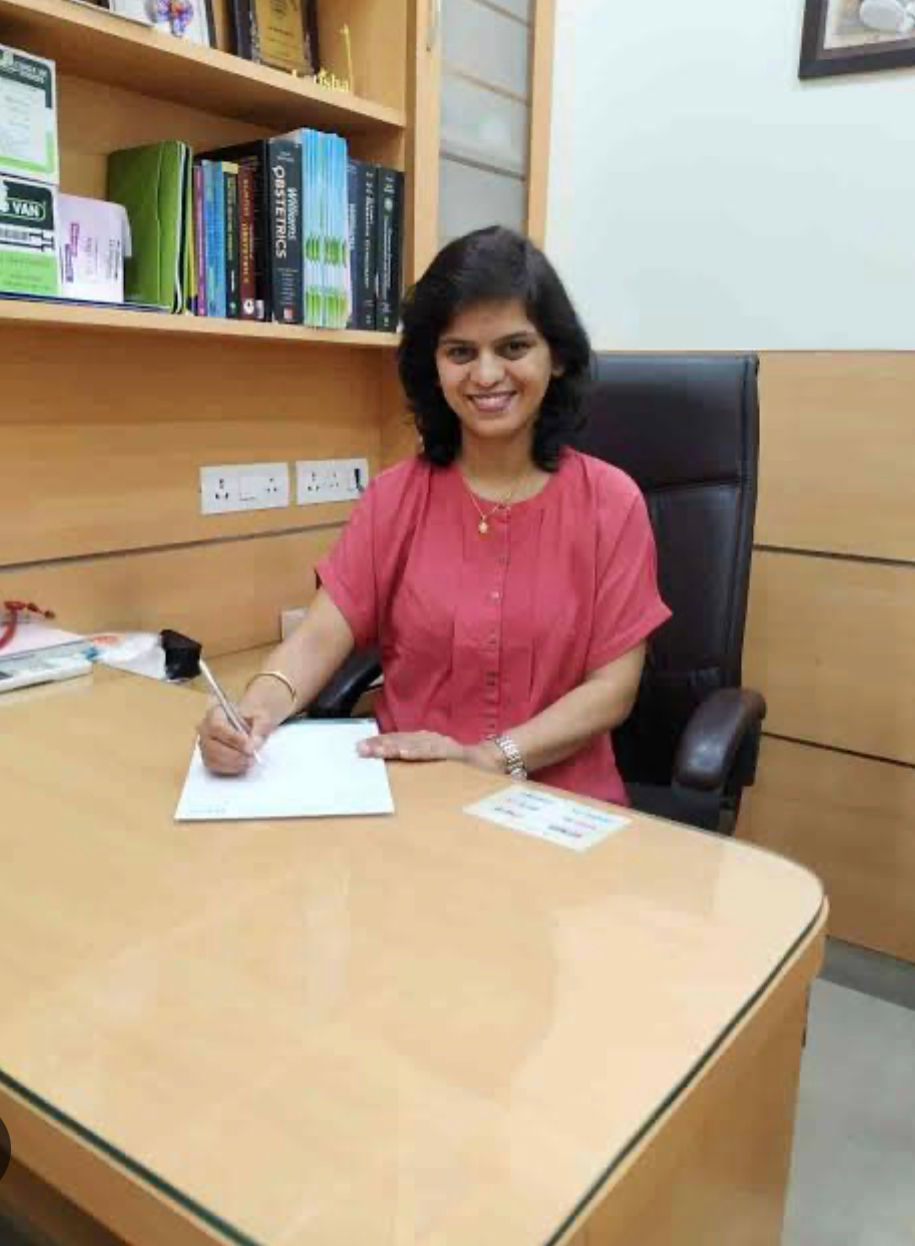
Dr. Neetu Singh
Obstetrician and Gynaecologist
19 Years • MBBS , MD (Obstetrics & Gynaecology)
Ghaziabad
Mother And Kidz Clinic, Ghaziabad
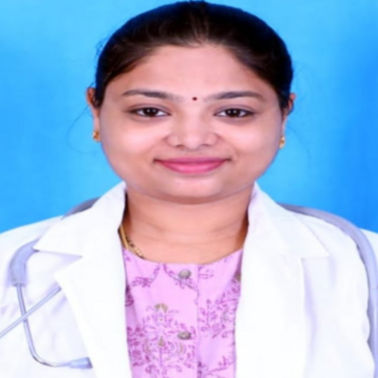
Dr. Korimilli Nisha
Obstetrician and Gynaecologist
10 Years • MBBS, MS (Obstetrics and Gynaecology)
Bansdroni
Siddhita Healthcare., Bansdroni

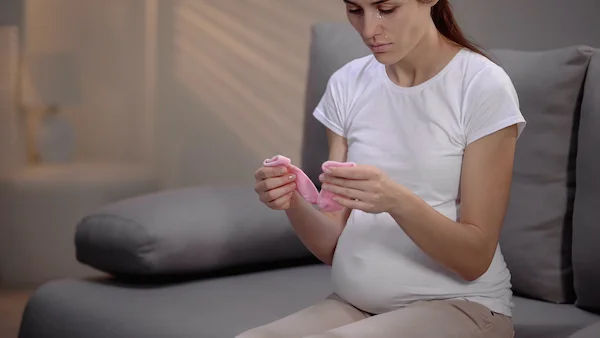
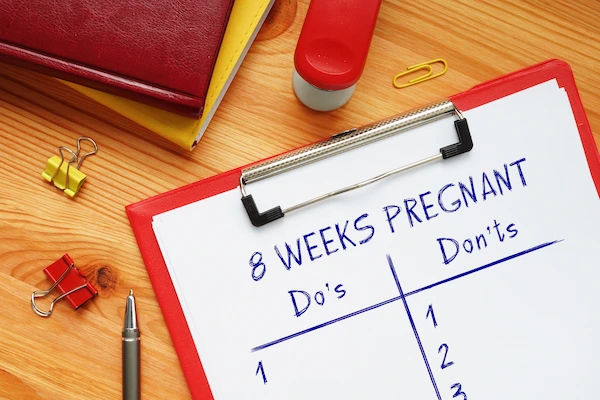
.webp)
